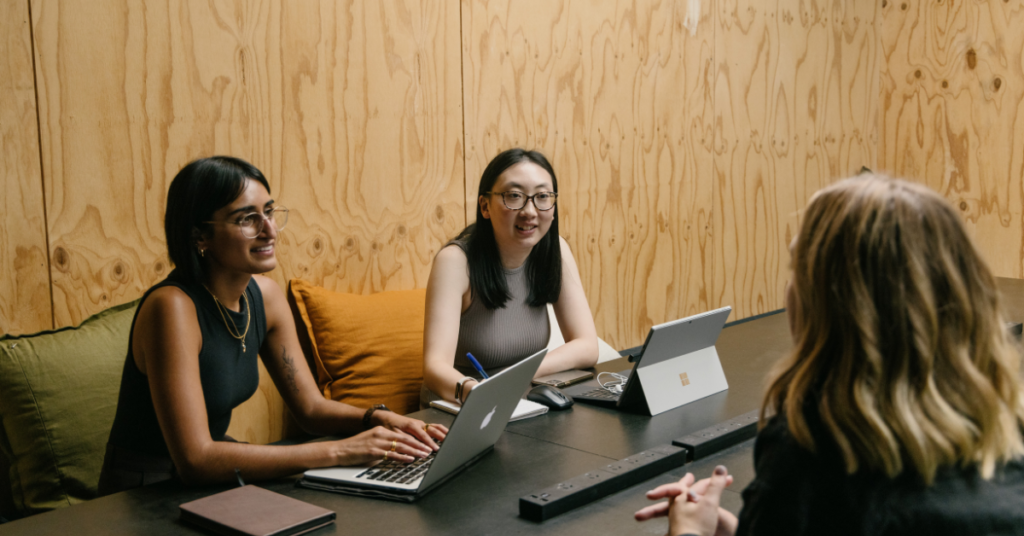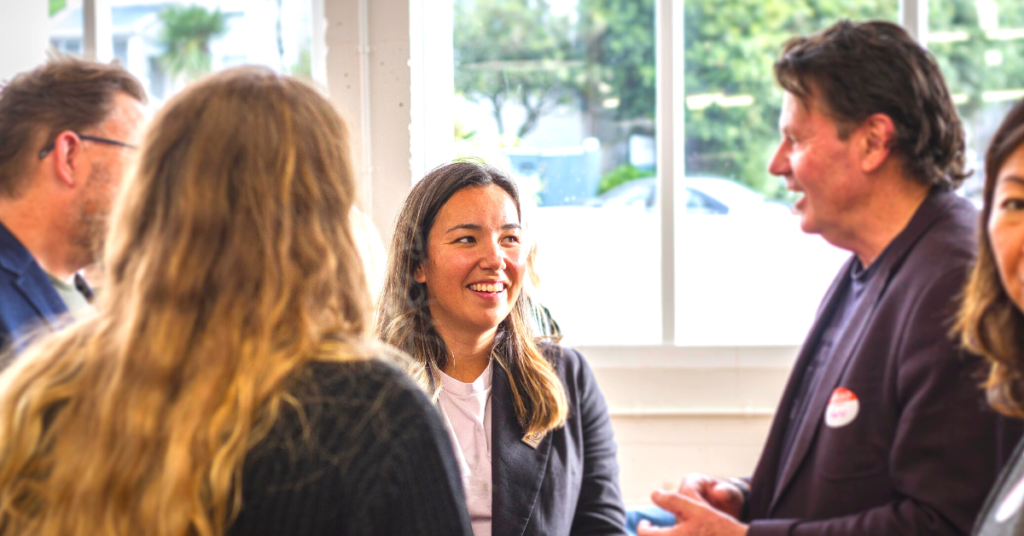More than two years into the COVID pandemic, mental health, emotional resilience, and a monumental disruption of work and workplace culture have all taken centre stage in the most unique of times. These seismic changes have been felt across the board—but perhaps none more than in the collective, global reassessment of how we live and work.

Photography by Jacinta Keefe
In partnership with DrawHistory, we are proud to announce the inaugural “Purpose In Progress” survey, an annual research project that seeks to understand how significant events such as the pandemic impact people’s sense of purpose in life and at work in the Asia-Pacific.
This survey is now closed
The annual survey specifically focuses on people aged between 20-40, Millennials and Gen Z, who comprise much of today’s workforce. It’s designed to assess shifts in their sentiment on what they consider to be their purpose and how it impacts their work and life, and offer progressive workplaces with insights on what current and prospective employees are thinking and feeling. The first of its kind, we anticipate hearing from over 2,000 respondents from the region each year, with qualitative and quantitative insights to share online.
Andrew Davies, B Lab Australia & Aotearoa New Zealand CEO, said: “The pandemic, among other global forces, has raised important questions for people around purpose in their professional lives. At the same time, we’ve seen huge demand for B Corp certification throughout the last two years; evidence that an increasing number of businesses are seeing the need to pursue positive impact and be transparent about it with their stakeholders. The consistent feedback I hear is that the movement for businesses to create change is consistently driven from the ground up, from employees and from customers.”
“The B Corp movement is not just about developing better workplace practices – it is about sparking transformative and continuous improvement throughout the entire business value chain and being held accountable for it. We know that when people can do good in their work, in particular when they are engaged in change, it is fulfilling work and they can connect to a higher social and environmental purpose.”

Photography by Jacinta Keefe
“This initiative is so exciting for us because we get to create the space for people to interrogate for themselves what it really means to be purpose-driven,” says Kosta Lucas, DrawHistory’s Head of Community Practice.
“As a Certified B Corporation, it’s also a chance for us to hold the mirror on ourselves and reflect on why we do what we do.”
We frequently grappled with this question of what being “purpose-driven” means with clients and stakeholders alike, as headlines about The Great Resignation and The Great Rethink have landed on our feeds. Theories, musings, op-eds, and work and industry advocates have all jostled to get in on this question, with no clear insight, and so far relatively scarce contextualization of just how people are feeling about what is traditionally thought of as “work”, and “purpose.”

Photography by Bethany Mitchell from Peoples Coffee
Some insights that have already emerged from over 300 participants from countries in the Asia-Pacific such as Australia, Indonesia, Malaysia, Thailand, Singapore and the Philippines, which has already given us some interesting findings to explore and test with more people:
- The pandemic has been a catalyst for refinement more than reset. 54% of respondents indicated that the pandemic itself didn’t completely reshape the purpose of respondents, but rather brought clarity on what matters in life.
- Business actions speak louder than business words. Respondents looked for more than business vision. Having a purpose statement won’t be enough to attract them, but a policy change as simple as more parental leave might.
- The engine rooms of purpose are still personal. While acknowledging the social nature of purpose, the majority of respondents identified their source of purpose as coming from “their innate selves” while their ideal practice of purpose was “doing what I love”. In terms of the most important influences that help shape this sense of purpose, their families, friends and teachers were the most frequently cited influences.
- The personal freedom to do good. Respondents mostly prioritised a desire to be empowered to do what they believe is right, above needing to work for an explicit purpose-driven organization or workplace.

Photography by Jacinta Keefe
And these insights are merely the beginning of our journey of understanding how the ways people in the Asia-Pacific source and practice their sense of purpose, and how their work facilitates it, or doesn’t just yet.
The survey is now open. To participate, go to drawhistory.com/purposesurvey.
Stay tuned for our insights report as we share back our findings later this year.

